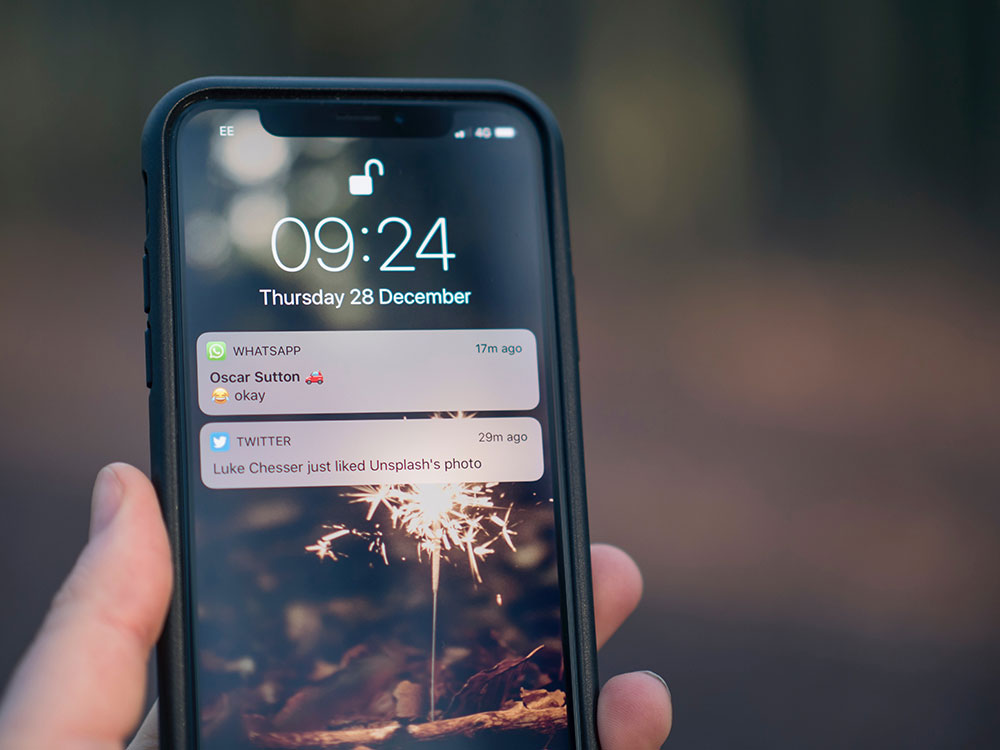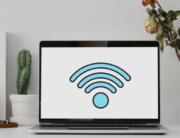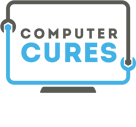Home / Handy Tips /

Technology – especially the internet – has found its way into almost every aspect of our lives. We work online all day; chat with friends and colleagues via email, social media, and instant messaging apps; and at the end of the day, we curl up on the couch and indulge in our favourite TV shows on our preferred streaming subscriptions.
Spending almost every waking hour staring at a screen of some sort has become the norm – but at what point does our internet usage become detrimental?
Have you ever asked yourself, “Do I have Internet Addiction Disorder (IAD)?”
If so, this article is for you. We’ll explain what IAD is, why it’s a significant problem, and what the symptoms are. We’ll finish with a few tips on how to cut back on addictive online activities. Let’s get started.
What is Internet Addiction Disorder?
Internet Addiction Disorder is not officially recognised as a medical condition. It has, however, perked the interests of medical and scientific researchers since the 1990s.
In short, someone suffering from IAD has difficulty separating themselves from their devices. They find it extremely challenging to put down their phone, switch off their tablet, and steer clear of their computer for any meaningful length of time.
Like any addiction, those with IAD can feel out of control – they may not actually want to continuously check their updates and notifications.
Why is Internet Addiction Disorder a problem?
The companies behind the most-used online apps, games, and services design their products to be addictive. Features like autoplay, in-app purchases, and notification pings are there to capture our attention as often as possible.
When our phone pings, we reach for it straight away. We want to know what’s going on. Who is contacting me? What do they want? Am I missing out on something – an event, a sale, a juicy bit of gossip?
Studies have shown that, when we check our phones, we are rewarded with a hit of feel-good dopamine. Here’s what researchers concluded in an article published on the Harvard University blog:
“Smartphones have provided us with a virtually unlimited supply of social stimuli, both positive and negative. Every notification, whether it’s a text message, a “like” on Instagram, or a Facebook notification, has the potential to be a positive social stimulus and dopamine influx.”
So, why is this such a significant problem?
Those with IAD are essentially at the mercy of their devices. And this can take their precious time away from things that truly matter. IAD sufferers may have trouble being productive at work, engaging in social functions, and even interacting with their children and significant other.
This phenomenon can be observed in day-to-day life. Next time you’re on public transport, look around you. Notice everyone looking down at their phones, scrolling mindlessly, blank expressions on their faces. It’s a pretty dystopian sight – there’s a whole world out the window, but we are more concerned with what someone we went to high school with 20 years ago is eating for breakfast.
Do I have Internet Addiction Disorder? Look for these symptoms
Here are some of the common symptoms of IAD to look out for – both in yourself and in those around you:
- Checking for messages or updates on social media constantly
- Opening social media apps subconsciously
- Interacting with people via social media more than in real life
- Feelings of relief or even euphoria when using technology
- Feelings of anxiety or restlessness when away from technology
- Withdrawn from social activities
In some cases, withdrawals from technology can even result in physical symptoms, such as shaking or sweating.
Tips for cutting back on addictive online activities
Here are a few quick and easy tips to help you or a loved one cut back on addictive online activities:
- Turn off notifications for non-essential apps, especially social media apps and mobile games
- Don’t bring your phone to bed, and if possible, stay away from screens for at least an hour before you sleep
- Turn your phone off completely when possible – even just an hour a day can be liberating
- Replace your phone habits with healthier activities – if you commute daily, for example, bring along a book and read instead
- Organise a real-life social get-together
The line between using tech to its full potential and developing a serious addiction can be blurred. It’s up to us to recognise this risk and strike a balance.
Need help improving your internet?
The internet gives us access to a mind-boggling amount of information. And, for the most part, we can use this information to better our work and personal lives. If you need help boosting your internet speed, improving your connection range and stability, or switching to a new internet service provider, get in touch today. Contact the friendly team at Computer Cures on 1300 553 166 or fill out the form on this page and we’ll be in touch ASAP.








Leave A Comment